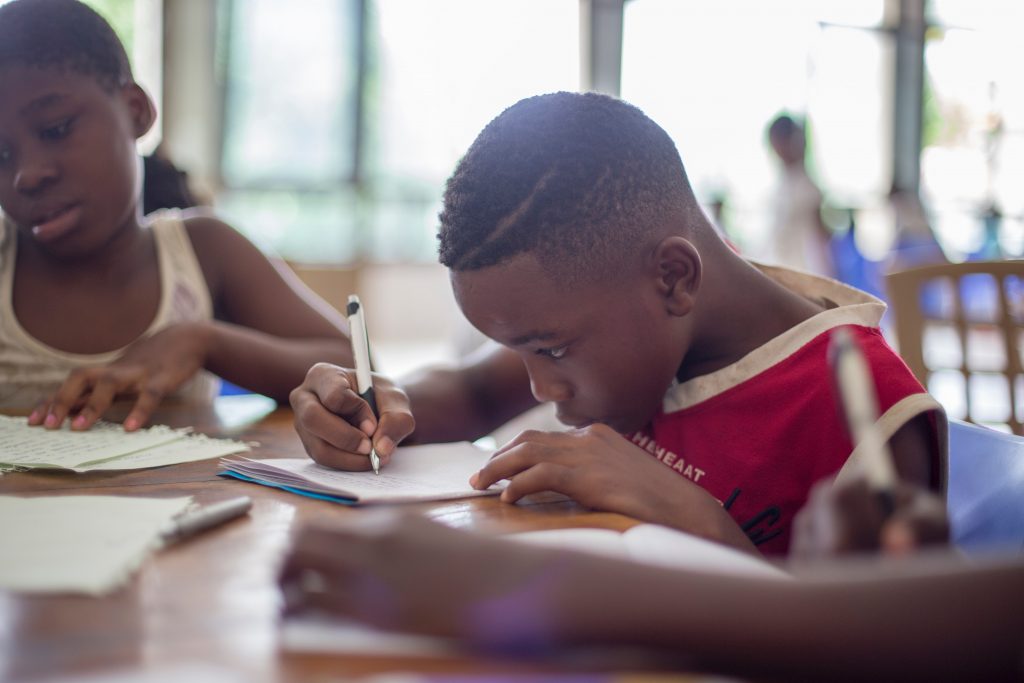Which Learning Recovery Method Is More Popular With Schools: Tutoring Or Remediation?
Tutoring and remediation have been heavily utilized by public schools for learning recovery methods, but which one is more popular?

A new federal report is influencing schools’ approach to learning recovery. Due to excessive pandemic protocols, students have experienced record rates of learning loss and are not catching up as quickly as expected. The country is experiencing a youth mental health crisis and more than half of schools have reported that pandemic trauma has disrupted students’ learning ability. While many districts are focused on providing increased tutoring services, some are finding success with accelerated learning focused on remediation.
Tutoring services are being federally promoted. The Biden Administration has dedicated support to bolster tutoring services in schools and charitable organizations have also worked to help students gain more tutoring. While this is one preferred method of learning recovery, it often requires students to spend extra time studying and working on lessons outside of school hours. This can be discouraging for children who are forced to miss out on extracurricular opportunities or community events in order to catch up on school work. Despite this, 43% of students admit that this individualized learning strategy is very effective or at least effective. Others agree that it is moderately or somewhat effective, and so, helpful to the education process.
Despite support for one-on-one tutoring, some 72% of schools have admitted to using class time for remedial accelerated learning strategies. Being that so many students have fallen behind, reviewing previous material and allowing entire classes to reexamine previous lessons and find better understanding as a group is considered necessary. This is an “equity” based approach that has dominated most districts’ learning recovery plans. Instead of ensuring that students are progressing on an individual level, schools are hoping that all students can catch up together without straining themselves outside of school hours or experiencing further distress by falling behind as other students catch up.
While public schools prefer remedial learning recovery, tutoring is also another resource that is being utilized throughout the country. Despite this, many families are not happy with the public education system. Plenty of parents opposed long-term lockdown measures and have fought against prolonged masking in schools. As some areas are once again imposing unscientific mandates, homeschooling is continuing to rise and alternative education options have gained popularity. From microschools to charter schools and private institutions, learning recovery is proving much easier once students leave the education system for smaller class sizes or family-based teaching practices that customize lessons to student needs and interests.

How each district approaches learning recovery varies but remedial accelerated lessons are taking precedence over tutoring because they require no outside school commitment and can benefit groups of children together. Parents who prefer tutoring also have that option being made available, but families which are concerned about the direction that public schools have taken also have the option to walk away and utilize alternative education options altogether. However students are taught, no matter what setting they are placed into, ensuring that they are learning the information needed to succeed throughout their academic career and into adulthood has become a more difficult task in the pandemic era and the best learning recovery methods vary depending on the area and student needs.



